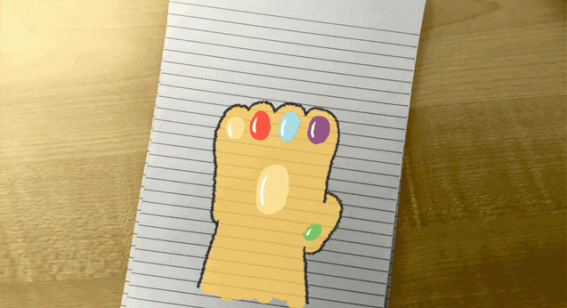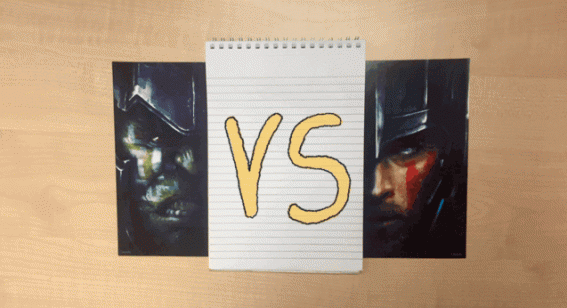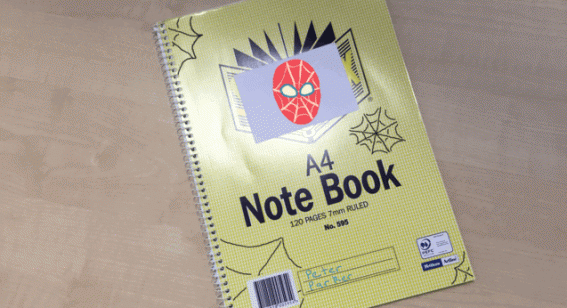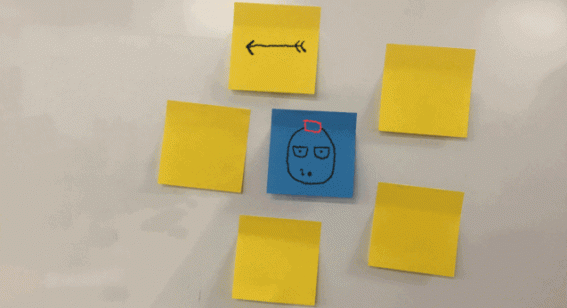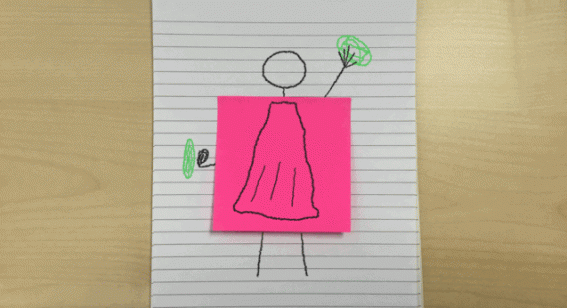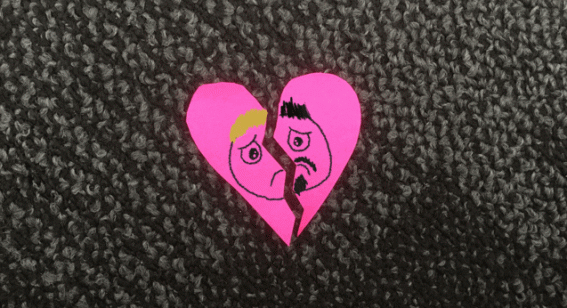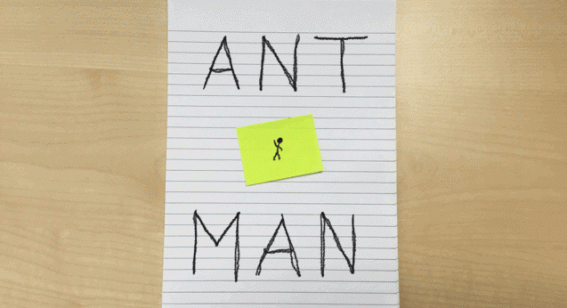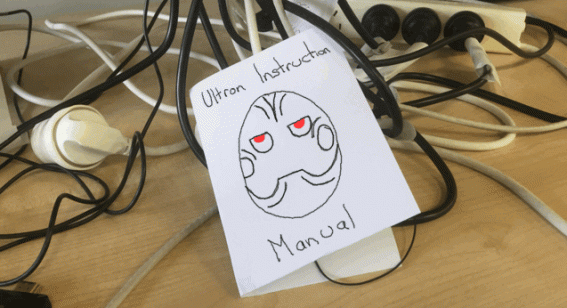Revisiting Thor: The Dark World – look, it’s not *that* bad
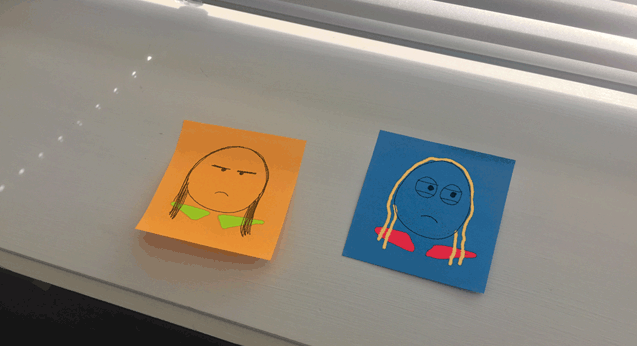
In the lead-up to Avengers: Infinity War (in cinemas 25 April), Liam Maguren re-watches and sort-of defends Thor: The Dark World.
It’s odd to defend a movie that’s merely OK, but I feel Thor: The Dark World has gotten a bad rap. As years pass, a disappointing film turns into a bad film, and then a bad film turns into a shit film. And only an idiot would defend a shit film.
Well, let me put on my Dunce Cap, because I’m about to defend Thor: The Dark World.
Following up three great films from the Marvel Cinematic Universe – Captain America, The Avengers, Iron Man 3 – was never going to be easy and this sequel really doesn’t measure up to that trifecta. There are a palpable number of things to fault.
Beginning with a sloppy flashback, the start of the film gets us up to speed with who the Dark Elves are and why they hate things. Basically, they’re evil and they want to take over the universe. Motivation done and dusted.
To do this, they need a red glowing thingy called the Aether. Natalie Portman’s Jane Foster sciences her way to get there first, only for it to merge into her. If you thought Foster was a thin presence in the first Thor, this sequel turns her into a MacGuffin in Distress.
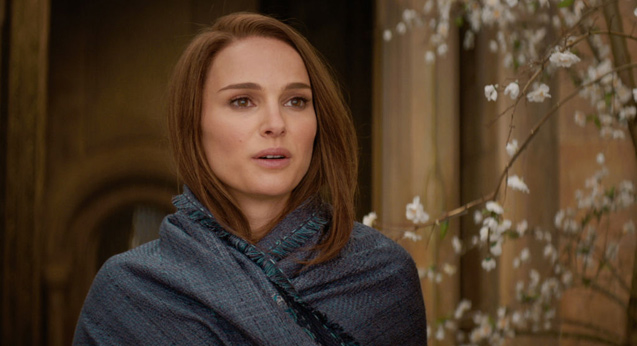
Her pals, Kat Dennings’ Darcy and Stellan Skarsgård’s Erik, get a bit more to do, but not for the better. In her very first scene, Darcy is approximately 300% more obnoxious than she was in the first Thor, finding the rudest way to intercept a date that includes taking bread without asking. And while it’s cool to see the effects of The Avengers paying a mental toll on Erik, the film fluffs this opportunity with an embarrassing nudie gag and dialogue that finds different ways of saying “I’m Ca-raaaaaaazy!”
But hey, even if they are poorly written, at least those two got character traits – unlike Malekith. As leader of the Dark Elves, he’s extremely straightforward. He doesn’t give a shit’s sprinkle about any other race, making him the intergalactic equivalent of Red Skull minus the gravitas (zero gravitas, if you will, because he’s in space).
He isn’t a complex or sympathetic villain, but to the film’s credit, it never pretends to treat him more than a force of nature. In that sense, he’s actually not as bad of an antagonist than someone like Ronan from Guardians of the Galaxy (more on him in two weeks’ time).
It’s a shame there isn’t more weight to this antagonist because the designs surrounding the Dark Elves are very strong. Their look leans on practical effects, making them feel much more real than the CGI-heavy Chitauri from The Avengers. This goes double for their tech. From the sword space ships that tilt like a Tetris block to the horrifying implosion grenade that turns a person into nothing, their crafts and weaponry leaves a mighty impression.
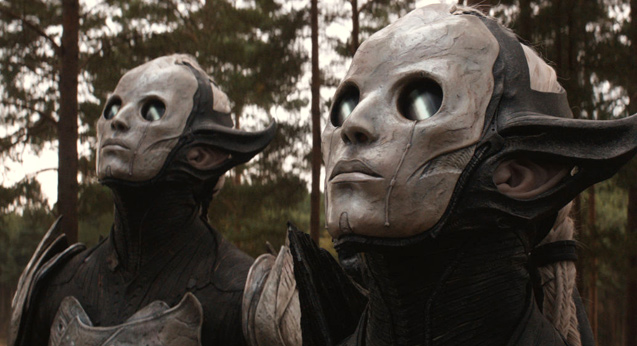
I’ll go even further and say its visual effects are some of the best seen in the MCU, even trumping recent efforts like Black Panther and Spider-Man: Homecoming.
The film’s best action set piece, the Dark Elves’ attack on Asgard, displays all of this impressively while giving the Asgardian side characters more to do. Volstagg holds back a group of soldiers by himself. Fandral merrily hijacks a ship from mid-air. Himdel takes down a much bigger one with only two daggers. And, with one dagger, Frigga casually takes on Malekith by herself and wins – only to be jumped by Kurse.
The Dark World is the only film that does something decent with Frigga, not just in battle but also as a necessary tent pole in the film’s key family dynamic. She’s the only one Loki has a shred of respect for, and although they don’t have much screen time together, they work those minutes for what they’re worth.
Loki himself is great in this. From his very first scene, he chews up the scenery just to spit it back on Odin’s feet. At this point, Odin’s pretty fucking sick of Loki’s lack of gratitude, which is kinda great to see. He turns more and more into a grumpy old man, and with the death of Frigga, the whole of Asgard becomes his lawn.
It’s an effective contrast to Thor’s evolution from cocky warrior to mature thinker, something that Loki slowly perceives and believes. Despite all the terrible shit he did on Earth, the film still treats Loki as a redeemable person. His growing respect for his brother puts him on that path, which is why it works.
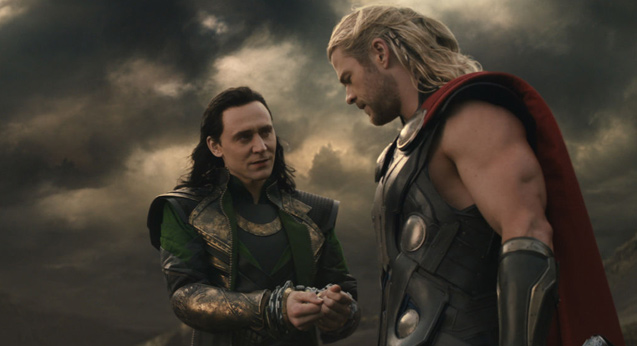
So it’s incredibly frustrating that the movie doesn’t give sole focus to the family drama. Instead, it shares equal screen time with the Scooby Doo squad back on Earth as well as the lower-tier YA novel romance between Thor and Jane. This is the film’s biggest sin.
Then there’s the climax, which sums up the film in general. It hops back and forth between Earth and space with some creative use of galactic portals. The reason for this? Because “physics is gonna go ballistic.” There are also some light gags that work (“That’s Thor ou’ there! He’s wavin’ ‘is ‘ammer ‘round n ev’rythin’.”) and others that don’t (again, mainly involving Darcy).
World hopping. Some creativity. Flimsy exposition. Too much Darcy. That’s basically Thor: The Dark World.
But then there’s the very end, which nails why this sequel isn’t a write-off. The conversation between Thor and Loki (pretending to be Odin) elegantly summarises their relationship. Does Loki actually care about Thor now? Or was it all a front? It all comes down to something he says to him in his Odin voice: “If I were proud of the man my son has become, even that I could not say, it would speak only from my heart.”
That line carries a very different meaning when you know whom it comes from. It’s just a shame it’s in a ho-hum OK-ish film.
Am I too positive? Perhaps. Are others too harsh? Equally likely. But one thing is undeniable: that Captain America cameo is still funny as hell.

